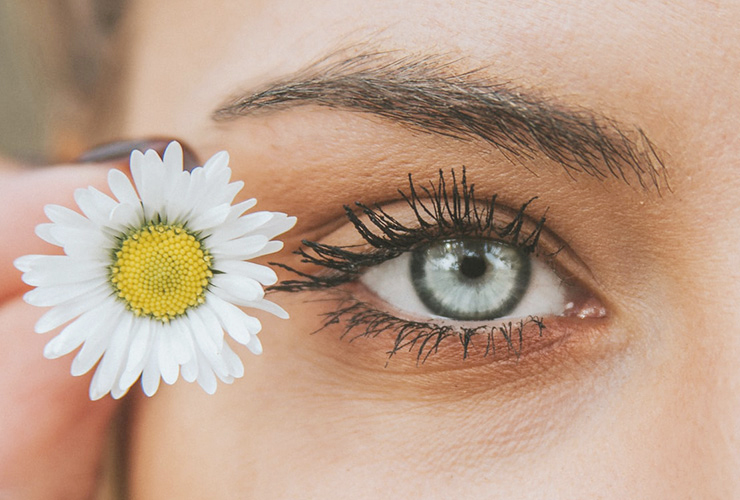
There are few things that are more important than good eye health. Many people ignore their eyes when thinking about staying healthy. This information can help your eye care tremendously.
While many people know to wear sunglasses in summer, most don’t know that it’s equally important in winter. Snow can reflect lots of light. Even on days without snow, the sun lights up the sky on even cloudy days.
Determine if you have any family history of eye problems, because early diagnosis will work in your favor. You can have your optometrist test for hereditary conditions that you find out about. The sooner your doctor learns of it, the faster they can treat it, making a huge difference.
Food can influence your vision. Look for foods with vitamin C and E, as well as foods that have zinc and omega-3 fatty acids. They can ward off things like macular degeneration and cataracts. Foods like beans, nuts, salmon, tuna and leafy, green vegetables will offer these nutrients.
Try to stop smoking as soon as possible. Your eyes get negatively impacted from the smoke that is released into the air. Anyone who smokes long term is at higher risk of eye damage. You can reduce your chances of developing cataracts and nerve damage by quitting smoking, now.
One of the best things you can do to protect your eyes is wear sunglasses. UV rays are able to harm skin and eyes even through cloud cover. Buy sunglasses that have UV protection. They may be pricier, but your eye health is worth it.
You could have an eye issue if you blink often. If your eyes are not dry, you might have a tic due to stress. You need to relax, in this case. If you believe it is not simply a tic, see an ophthalmologist.
Wear good sunglasses to help your eyes. They will protect your peepers from harmful ultraviolet rays. Select sunglasses that block 100 percent of UVB and UVA rays. If you drive alot, try polarized lenses. These glasses can greatly help to reduce glasre. You need to wear shades even if your contact lenses already offer some form of UV protection.
Regular eye checkups are essential to proper eye health. Older people should get more frequent checkups. As you age, your risk level for cataracts and glaucoma rise. If you are vigilant about your eye exams, your eye doctor is likely to spot issues early.
Eye Drops
Use eye drops sparingly. Make sure not to overuse them. If you notice the eye drops are not working as well as you’d hoped, speak to your eye doctor about alternatives.
Replace your makeup every two months. It can build up bacteria. You’re rubbing more and more bacteria on your face as time goes on. This can result in all types of eye and skin problems.
Research the eye health of your entire family. This will give you an idiot of what you may develop. Because of this, you should find out if any family members have developed any eye conditions. If you know about it, you can make sure you are checked out thoroughly.
It is only natural that your eyes dry out easier as you are getting older. Eating a diet rich in omega-3 fatty acids is beneficial. Keep in mind that both cold and hot air can make things worse. Try to keep any direct air flow towards your eyes to a minimum to keep them more lubricated.
Stop smoking. Smokers suffer an increased chance of diseases, including optic nerve damage and cataracts. If you quit once but restarted, quit again. The more times that you try to quit smoking, the more your chances of success increase.
When using a computer for long periods, give your eyes a break often. You need to provide your eyes rest so they can revitalize and remain healthy. Go out for a drive or eat lunch with your friends to get the break that you require.
Use a hyperosmotic if your eyes have corneal swelling. These solutions are made to reduce the water build up in the cornea, which is the source of swelling. Find a solution with 2% sodium chloride of your eyes are irritated by the 5% solution.
Stop smoking. Many people know what smoking can do to their lungs. On top of that, it is bad for your vision. Studies have shown that smoking is linked to a heightened risk of developing cataracts, optic nerve damage, and macular degeneration. All of these condition can eventually lead to full or partial blindness.
Ask your family if there are any preexisting eye conditions you should know about. This helps your doctor determine what is the best way to treat a problem or prevent any issues from occurring later on. This will enable you to seek the appropriate treatment as quickly as possible.
It is absolutely essential that you take good care of your eyes. So a proactive approach is the best wat to prevent or minimize problems that may occur. Using the advice found in this article as a reference will make the task much easier.